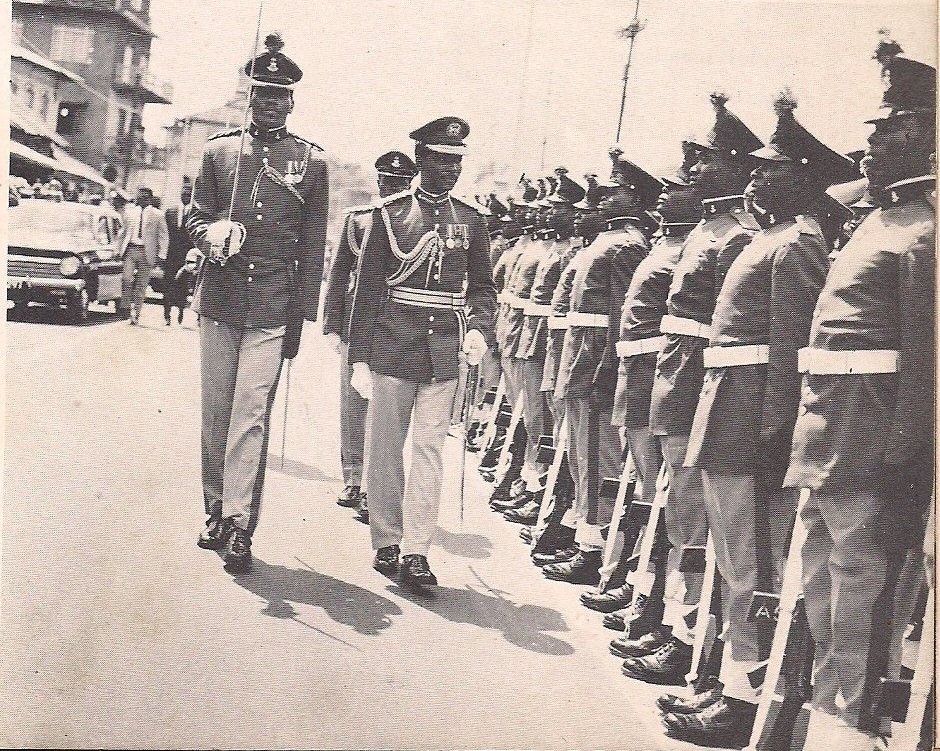IGBO LANDING: MASS SUICIDE OF IGBO SLAVES OFF THE UNITED STATES COAST, 1803
The Igbo Landing is a historic site at Dunbar Creek on St. Simons Island, Glynn County, Georgia, USA. It is the site of one of the largest mass suicides of enslaved people in history.
#Thread
The Igbo Landing is a historic site at Dunbar Creek on St. Simons Island, Glynn County, Georgia, USA. It is the site of one of the largest mass suicides of enslaved people in history.
#Thread

Historians say Igbo captives, from modern-day Nigeria, purchased for an average of $100 each by slave merchants John Couper and Thomas Spalding, arrived in Savannah, Georgia, on the slave ship "The Wanderer" in 1803.
The chained slaves were then reloaded and packed under the deck of a coastal vessel, the York, which would take them to St. Simons where they were to be resold. During the voyage, approximately 75 Igbo slaves rose in rebellion.
They drowned their captors and caused the grounding of the ship in Dunbar Creek.
Led by their chief, the Africans then marched ashore, singing. At their chief’s direction, they walked into the marshy waters of Dunbar Creek, committing mass suicide.
Led by their chief, the Africans then marched ashore, singing. At their chief’s direction, they walked into the marshy waters of Dunbar Creek, committing mass suicide.
The Igbo were known by planters and slave owners of the American South to be fiercely independent and more resistant to chattel slavery.
For centuries, some historians have cast doubt on the event, suggesting that the entire incident was more folklore than fact.
For centuries, some historians have cast doubt on the event, suggesting that the entire incident was more folklore than fact.
But a post-1980 research verified the event using modern scientific techniques to reconstruct the episode and confirm the factual basis of the longstanding oral accounts.
The site was designated as holy ground by the St. Simons African American community in September 2012.
The site was designated as holy ground by the St. Simons African American community in September 2012.
The Igbo Landing is also now a part of the curriculum for coastal Georgia schools.
The Igbo Landing has come to occupy great symbolic importance in local African American folklore.
The Igbo Landing has come to occupy great symbolic importance in local African American folklore.
The mutiny and suicide by the Igbo people have been called the first freedom march in the history of the United States and the locals claim that the Landing and surrounding marshes in Dunbar Creek were haunted by the souls of the dead Igbo slaves. #HistoryVille
Source: BLACKPAST
Source: BLACKPAST
• • •
Missing some Tweet in this thread? You can try to
force a refresh










